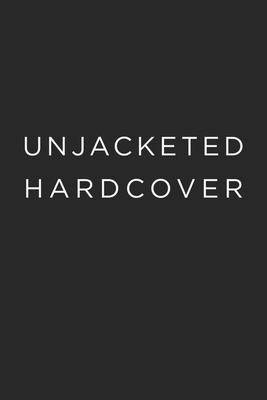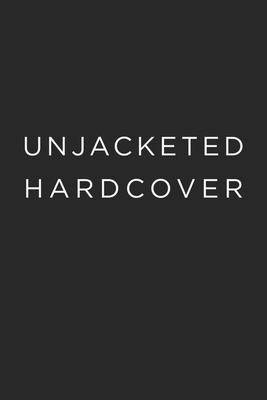
- Afhalen na 1 uur in een winkel met voorraad
- Gratis thuislevering in België vanaf € 30
- Ruim aanbod met 7 miljoen producten
- Afhalen na 1 uur in een winkel met voorraad
- Gratis thuislevering in België vanaf € 30
- Ruim aanbod met 7 miljoen producten
Zoeken
€ 161,45
+ 322 punten
Uitvoering
Omschrijving
The Song of Roland: Formulaic Style and Poetic Craft by Joseph J. Duggan offers a groundbreaking reevaluation of one of medieval Europe's most celebrated epics. Long regarded as a touchstone of French literary tradition, the Chanson de Roland has fueled debates over whether its artistry reflects a single authorial genius or a collective oral inheritance. Duggan brings to this problem a rigorous analysis of formulaic language, employing computer-assisted concordances and statistical study to measure repetition, diction, and compositional patterns. His findings situate the Roland not as an anomalous masterpiece isolated from its tradition, but as a work deeply rooted in the oral-formulaic techniques shared by Old French epic poetry. By integrating close literary analysis with methods adapted from Homeric and Anglo-Saxon studies, Duggan illuminates how the poem's structure, motifs, and verbal artistry emerge from the dynamics of oral performance. He demonstrates that even Roland's most famous episodes--his death, his refusal to sound the horn, and the climactic trial of Ganelon--are marked by a density of formulaic expression that links them unmistakably to oral tradition while revealing their poetic power. This study not only reshapes our understanding of the Roland but also advances broader questions about medieval literary culture, authorship, and the relationship between orality and writing. This title is part of UC Press's Voices Revived program, which commemorates University of California Press's mission to seek out and cultivate the brightest minds and give them voice, reach, and impact. Drawing on a backlist dating to 1893, Voices Revived makes high-quality, peer-reviewed scholarship accessible once again using print-on-demand technology. This title was originally published in 1973.
Specificaties
Betrokkenen
- Auteur(s):
- Uitgeverij:
Inhoud
- Aantal bladzijden:
- 236
- Taal:
- Engels
- Reeks:
Eigenschappen
- Productcode (EAN):
- 9780520359635
- Verschijningsdatum:
- 13/05/2022
- Uitvoering:
- Hardcover
- Formaat:
- Genaaid
- Afmetingen:
- 140 mm x 216 mm
- Gewicht:
- 421 g

Alleen bij Standaard Boekhandel
+ 322 punten op je klantenkaart van Standaard Boekhandel
Beoordelingen
We publiceren alleen reviews die voldoen aan de voorwaarden voor reviews. Bekijk onze voorwaarden voor reviews.







